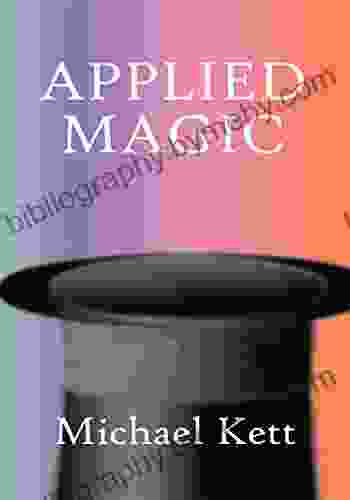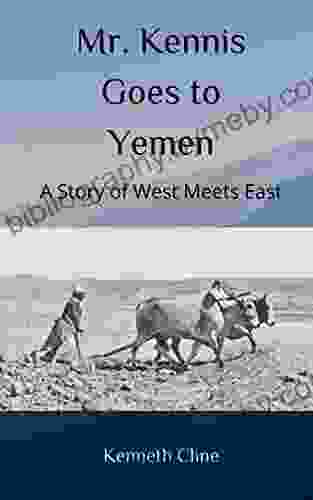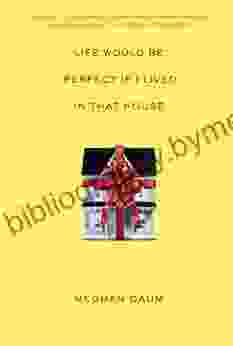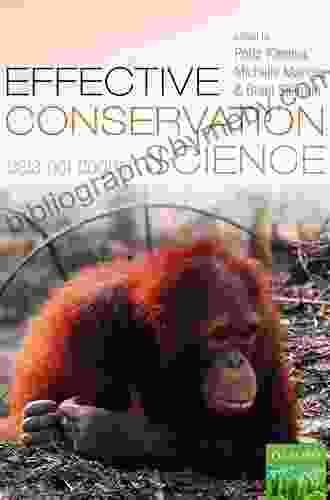Unlock the Power of Magic in Therapy, Teaching, and Parenting: A Comprehensive Guide for Beginners

Magic has long been associated with entertainment and whimsy. However, in recent years, there has been a growing recognition of its potential as a therapeutic and educational tool. Beginner Magic With Practical Applications For Therapists Teachers And Parents is a comprehensive guide that provides everything you need to know to use magic in these settings.
4.7 out of 5
| Language | : | English |
| File size | : | 1803 KB |
| Text-to-Speech | : | Enabled |
| Enhanced typesetting | : | Enabled |
| Print length | : | 100 pages |
| Screen Reader | : | Supported |
What is Magic?
Magic is the art of creating illusions. It can be used to entertain, amaze, and inspire. Magic tricks are often performed using sleight of hand, misdirection, and psychological principles.
The Benefits of Magic
Magic has a number of benefits for therapists, teachers, and parents. These benefits include:
* Improved communication: Magic can help to break down barriers and build rapport. It can also be used to teach non-verbal communication skills. * Increased creativity: Magic requires creativity to develop and perform. It can help to spark creativity in others and encourage them to think outside the box. * Problem-solving skills: Magic tricks often involve solving puzzles and problems. This can help to develop problem-solving skills in others. * Confidence-building: Learning and performing magic tricks can help to build confidence. This is especially beneficial for children and people who are struggling with self-esteem issues. * Fun and engaging: Magic is a fun and engaging activity that can be enjoyed by people of all ages. It can be used to create memorable experiences and make learning more enjoyable.
How to Use Magic in Therapy, Teaching, and Parenting
There are many ways to use magic in therapy, teaching, and parenting. Some of the most common and effective uses include:
* Therapeutic magic: Magic can be used to help people with a variety of mental health conditions, such as anxiety, depression, and trauma. It can be used to provide relaxation, distraction, and a sense of accomplishment. * Educational magic: Magic can be used to teach a variety of subjects, such as math, science, and history. It can be used to make learning more fun and engaging and to help students to remember information. * Family magic: Magic can be a great way to bond with family and friends. It can be used to create special memories, teach valuable life lessons, and make family time more enjoyable.
Getting Started with Magic
If you are interested in using magic in therapy, teaching, or parenting, there are a few things you need to do to get started. First, you need to learn some basic magic tricks. There are many resources available to help you learn, such as books, websites, and videos.
Once you have learned some basic tricks, you need to practice. The more you practice, the better you will become at performing magic. You should also try to develop your own tricks. This will help you to become more creative and to personalize your magic.
Finally, you need to be confident in your abilities. If you are not confident, your audience will not be either. So practice your tricks and be prepared to make mistakes. Everyone makes mistakes when they are first starting out. The important thing is to learn from your mistakes and keep practicing.
Magic is a powerful tool that can be used in a variety of settings to help people. It can be used to improve communication, increase creativity, develop problem-solving skills, build confidence, and have fun. If you are interested in using magic in therapy, teaching, or parenting, I encourage you to give it a try. You may be surprised at how much you and your clients, students, or children enjoy it.
4.7 out of 5
| Language | : | English |
| File size | : | 1803 KB |
| Text-to-Speech | : | Enabled |
| Enhanced typesetting | : | Enabled |
| Print length | : | 100 pages |
| Screen Reader | : | Supported |
Do you want to contribute by writing guest posts on this blog?
Please contact us and send us a resume of previous articles that you have written.
 Book
Book Novel
Novel Page
Page Chapter
Chapter Text
Text Story
Story Genre
Genre Reader
Reader Library
Library Paperback
Paperback E-book
E-book Magazine
Magazine Newspaper
Newspaper Paragraph
Paragraph Sentence
Sentence Bookmark
Bookmark Shelf
Shelf Glossary
Glossary Bibliography
Bibliography Foreword
Foreword Preface
Preface Synopsis
Synopsis Annotation
Annotation Footnote
Footnote Manuscript
Manuscript Scroll
Scroll Codex
Codex Tome
Tome Bestseller
Bestseller Classics
Classics Library card
Library card Narrative
Narrative Biography
Biography Autobiography
Autobiography Memoir
Memoir Reference
Reference Encyclopedia
Encyclopedia Gabriel Zucman
Gabriel Zucman Zasimowicz
Zasimowicz Gail Wagner
Gail Wagner Monica Talbot Kerkes
Monica Talbot Kerkes Richard Goodman
Richard Goodman Gerard Basset
Gerard Basset Gal Hirsch
Gal Hirsch Kimberly Smith Lukhard
Kimberly Smith Lukhard Gabriel Miller
Gabriel Miller Suvi Chisholm
Suvi Chisholm Robert Dugoni
Robert Dugoni Gail Dexter Lord
Gail Dexter Lord Jessica Fishman
Jessica Fishman Gary S Maxey
Gary S Maxey Marty Mayberry
Marty Mayberry Hans Von Luck
Hans Von Luck Sriman Sharma
Sriman Sharma Towanda Mckie
Towanda Mckie Tony Hillerman
Tony Hillerman Kenneth Cline
Kenneth Cline
Light bulbAdvertise smarter! Our strategic ad space ensures maximum exposure. Reserve your spot today!
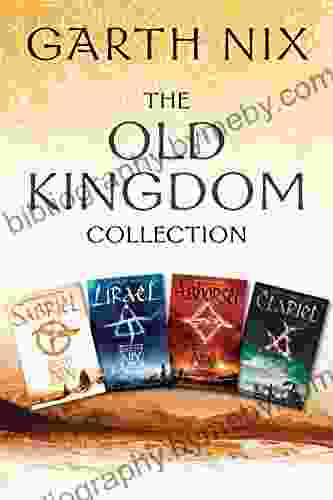
 Jorge AmadoUnleash the Magic of The Old Kingdom Collection: Sabriel, Lirael, Abhorsen,...
Jorge AmadoUnleash the Magic of The Old Kingdom Collection: Sabriel, Lirael, Abhorsen,... Arthur C. ClarkeFollow ·12.7k
Arthur C. ClarkeFollow ·12.7k Johnny TurnerFollow ·2.7k
Johnny TurnerFollow ·2.7k Dakota PowellFollow ·18.5k
Dakota PowellFollow ·18.5k Tim ReedFollow ·7.7k
Tim ReedFollow ·7.7k Ricky BellFollow ·12.8k
Ricky BellFollow ·12.8k Ryan FosterFollow ·5k
Ryan FosterFollow ·5k Isaac MitchellFollow ·4.9k
Isaac MitchellFollow ·4.9k Russell MitchellFollow ·2.9k
Russell MitchellFollow ·2.9k
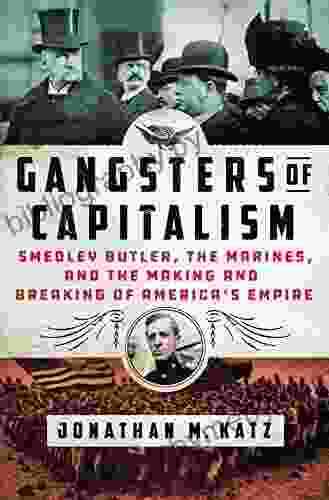
 Brian West
Brian WestSmedley Butler: The Marines and the Making and Breaking...
: A Marine's...

 Gabriel Garcia Marquez
Gabriel Garcia MarquezIschia, Capri, Sorrento, Positano, And Amalfi: An...
Explore the...

 Felix Carter
Felix CarterAdorn Your Little Princess with Fleur Ange's Exquisite...
Welcome to the enchanting...

 Kelly Blair
Kelly BlairUnveiling the Secrets of the Historical Way and Fishermen...
Step into the pages...

 Angelo Ward
Angelo WardKnit the Cutest Thumbless Mittens for Your Little One:...
Prepare to be...
4.7 out of 5
| Language | : | English |
| File size | : | 1803 KB |
| Text-to-Speech | : | Enabled |
| Enhanced typesetting | : | Enabled |
| Print length | : | 100 pages |
| Screen Reader | : | Supported |


